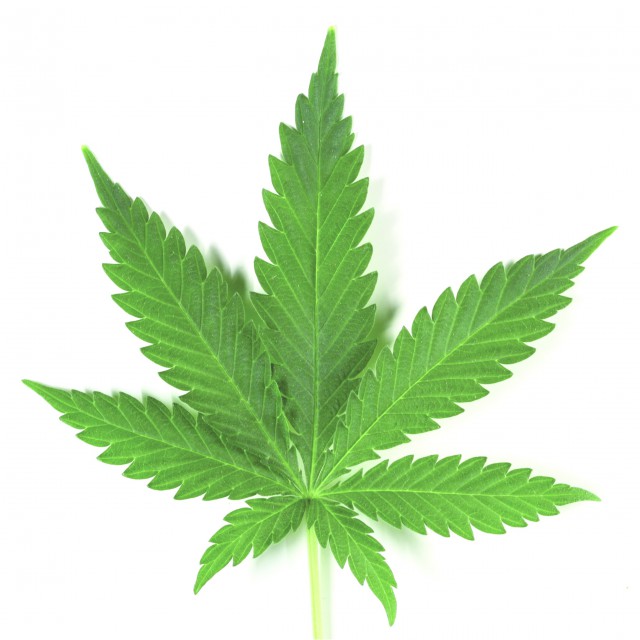
Roger Sherman says that legalizing marijuana is not a simple question.
Sherman is the campaign director for a group opposing Amendment 64, the ballot issue that would legalize marijuana and regulate it like alcohol, and he has a point there. I can think of a lot of complications that ought to be taken into account when considering whether marijuana should be legalized — 210,328 complications, for openers.
That’s the number of Coloradans that have been arrested for possession of marijuana since 1986. Each one represents a rich, complex human life — a life that was disrupted, sometimes violently and often permanently, by the failed war on marijuana that Sherman and his fellow prohibitionists want to continue.
The 210,328 arrest figure appears in a report prepared by a group called the Marijuana Arrest Research Project based in New York. The report covered the 25 years between 1986 and 2010. (Another 20,000 Coloradans have probably been arrested for pot in 2011- 2012 so far.)
The study also pointed out some of the ways a marijuana arrest complicated those 210,328 lives:
“The most serious consequence of an arrest for marijuana possession is the permanent criminal record that such a case carries,” the report said. “Twenty years ago, arrest and conviction records were papers kept in court storerooms and warehouses, often impossible to locate. Ten years ago they were computerized. Now they are instantly searchable on the Internet for free or for a nominal fee through commercial criminal-record database services.
“Employers, landlords, credit agencies, licensing boards for nurses and beauticians, and banks now routinely search these databases for background checks on applicants. A majority of colleges now collect criminal justice information on applications for admission, and a drug conviction, no matter how minor, is viewed as a negative factor. The stigma of a criminal record has created barriers to employment and education for thousands of people in Colorado.”
That’s a lot of complications to inject into 210,000 lives for an activity that is intrinsically no more criminal in nature than drinking beer.
The study also found that while pot arrests “diminish the life chances of the mostly young Coloradans who are caught with small amounts of marijuana … there is no evidence that the arrests diminish the overall crime rate or marijuana use rates,” and that there are no studies “showing that arrests for possession of smal amounts of marijuana reduce serious or violent crimes.” In other words, those 210,000 lives were gratuitously torn apart.
Then there are additional “complications” — involving matters of race, ethnicity and age.
• Only 3.8 percent of Coloradans are black, but blacks account for 10.5 percent of marijuana arrests, the report found. “In Colorado, blacks were arrested at 2.8 times their percentage of the population and at 3.1 times the rate of whites.”
• Hispanics make up 19.2 percent of Colorado’s population, but account for 25.4 percent of marijuana arrests. In the last decade they were arrested at 1.3 times their percentage of the population and 1.5 times the rate of whites.
• As for the young, “from 2001 through 2010, of the 108,000 people arrested in Colorado for marijuana possession: 86 percent of them were age 34 or younger, 79 percent of them were 29 or younger, and 69 percent were 24 or younger. Young people age 18-24 were most likely to get arrested for possessing marijuana. From 2001 through 2010, Colorado arrested 85,000 young people age 29 or younger.”
These figures raise two questions that those who want to keep marijuana illegal rarely consider, but ought to:
Does the fact that blacks are three times more likely and Hispanics 1.4 times more likely to get arrested for pot than whites improve race relations in Colorado or worsen them?
Does the arrest of tens of thousands of young Coloradans for an essentially victimless crime increase their generation’s respect for the rule of law or decrease it?
The answer in both cases is pretty self-evident.
The truth is marijuana prohibition has been perpetuating racial tensions and breeding the estrangement of young Americans from the rule of law, and more broadly, from American political and social norms for two generations. It’s been doing real and lasting damage to the social fabric of the country.
That might be worth it if pot smoking posed an existential threat to the country, but it doesn’t even pose a minor one. By most measures marijuana use is safer than alcohol use, and any negative impacts it has on either the users or society pale in insignificance compared to the negative impacts on both individual Americans and American society that flow from marijuana prohibition.
The truth is that the drug war, 80 percent of which is a war on marijuana, has done more to spread repression and tyranny through American life than anything in a century. Compared to it, the McCarthy era was a walk in the park.
Actually, the prohibitionists have it wrong. The complications involving marijuana are overwhelmingly the product not of marijuana but of marijuana prohibition. And the way to eliminate those complications is simplicity itself.
Vote yes on Amendment 64.
Respond: [email protected]
This opinion column does not necessarily reflect the views of Boulder Weekly.














